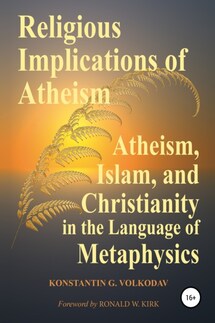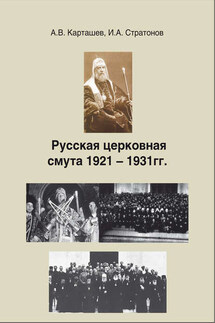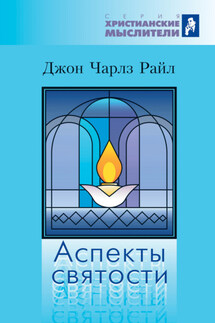Religious Implications of Atheism - страница 16
“God is completely self-sufficient. Rather, it is a miracle that God began to create. There is no necessary or compelling connection between the divine nature (or essence) and the law of creation. The absence of creation in no way diminishes the absolute completeness of the Divine Essence, the vastness of this Ocean of Essence, as St. Grigory Nazianzin [28] “God had no beginning, and he will have no end. He dwells in the “motionless radiance of eternity”. [29] And his infinite present is not time but eternity. [30] God is completely unchanging and immovable, —“with whom there is no variation or shadow due to change” [31] (James 1:17). He cannot gain or lose anything. Moreover, we can say that the created world is an absolute excess, something additional, which could not exist at all.
The omnipotence of God must be defined not only as the supreme power to create, but also as absolute power not to create at all. God could have allowed nothing to exist outside of him. To create and not to create the same good for God and it is useless to find the underlying cause of the reason for the Divine choice, for the act of creation was not even conditioned by the mercy of God and his infinite perfection. The “Creative Essence” is not the main and not the determining quality of God: God creates in unlimited freedom . . .
For the human consciousness, there is something mysterious, paradoxical and contradictory in this. The created mind is always looking for the necessary reasons, inevitably closing in on itself. To the idea of creation is absolutely alien such an approach. The world undoubtedly has a Cause that is supreme and sufficient. Nevertheless, this is a Cause given in absolute freedom of expression and manifestation. The creation cannot exist without the Creator. However, the Creator may not create.” [32]
Krauss: The question is Islam, as one of a thousand religions, all of which makes the same claims, but mutually inconsistent ones . . .
Comment 11
How can identical statements contradict each other? Krauss argues mutually exclusive things. This is completely incomprehensible, and he should have given at least one example. Although, this is hardly possible.
Krauss: Thousand religions, they all make mutually inconsistent claims. So, they cannot all be correct. In fact, at best, one of them can be correct. They not consist with each other. So that means “a priori” [33], [referring to Tzortzis] I know you like that term . . . A priori, Islam is probably 0.1 percent have been correct. Because this is just one of a thousand religions. But since they all make the same claims, is probable that none of them are correct. So treating Islam specially is inappropriate.
Comment 12
Here are examples of demagoguery and sophistry in almost every sentence. This is how they usually “prove” that white is black and vice versa. People have created as many scientific theories as religions. Should we conclude from this that among the many scientific theories there is not a single true one?
Krauss does not mind, for example, that quantum mechanics and the theory of gravity contradict each other, since gravity is not quantized. But physicists use both. Why is each of the thousands of religions equally likely to be true? Krauss did not confirm or substantiate this thesis. Moreover, if cosmologists come up with a thousand theories of the origin of the universe, will they all have the same probability (0.1 percent) to be true? And why make any judgments about the truth a priori? On the contrary, everything must be tested, checked. Christianity teaches this too, “Test everything; hold fast to what is good” (1 Thess. 5:21).






